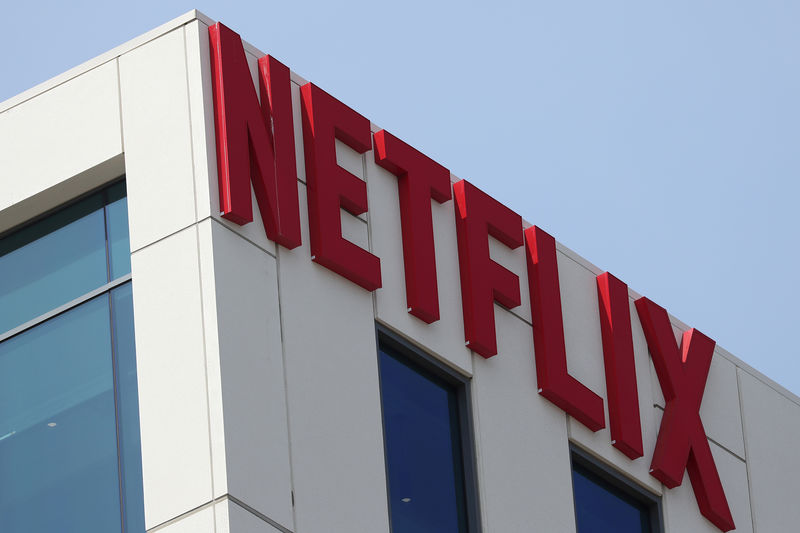By Patpicha Tanakasempipat
BANGKOK (Reuters) - Thailand is proposing that tech companies set up centres in each of the 10 Southeast Asian countries to curb the flow of "fake news" and fake accounts, the country's telecoms regulator said on Monday.
Such centres would also work as a shortcut for governments to flag misinformation more easily to providers of over-the-top (OTT) service - any digital service done through the internet, including social media - so that they could comply by taking it down faster, said the Thai regulator.
"Thailand has proposed that OTT companies set up a centre to verify news," said Takorn Tantasith, secretary-general of Thailand's National Broadcasting and Telecommunications Commission.
"We asked if it was possible that the companies authorize each country to oversee such centres and in so doing co-operate directly with them," Takorn said after a meeting with tech companies earlier on Monday, adding that the companies would have to finance such operations.
The proposal came as telecoms regulators from the 10-member Association of Southeast Asian Nations (ASEAN) were meeting this week in Bangkok with an aim to come up with regional guidelines to regulate OTT platforms, including taxation policies.
The meeting with Takorn on Monday was attended by tech giants including Facebook (NASDAQ:FB), messaging app operator Line Corp (NYSE:LN), Amazon (NASDAQ:AMZN) and Netflix (NASDAQ:NFLX), he said.
The proposal would be discussed further during the ASEAN Telecommunications Regulators' Council (ATRC) this week, he added.
Takorn said the "coordination and verification centres" would also support a plan by Thailand's new digital minister to prioritize anti-fake news efforts and regulate various kinds of content on websites and social media.
Digital Minister Puttipong Punnakanta said in a Facebook post last month that he would set up a "fake news centres" to take down online content from child pornography to insults against the country's monarchy, in addition to tackling "fake news" and "fake accounts".
In another Facebook post, Puttipong said he "volunteered to purge content hurtful to Thais. Digital media should be clean".
Other Southeast Asian governments have also recently made efforts to exert more control over online content and taken a tough stance against misinformation.
Singapore passed an anti-fake news bill in May, forcing online media platforms to correct or remove content the government considers to be false.
Vietnam said its cybersecurity law, which was passed last year and banned posting anti-government information online, would guard against fake news.
